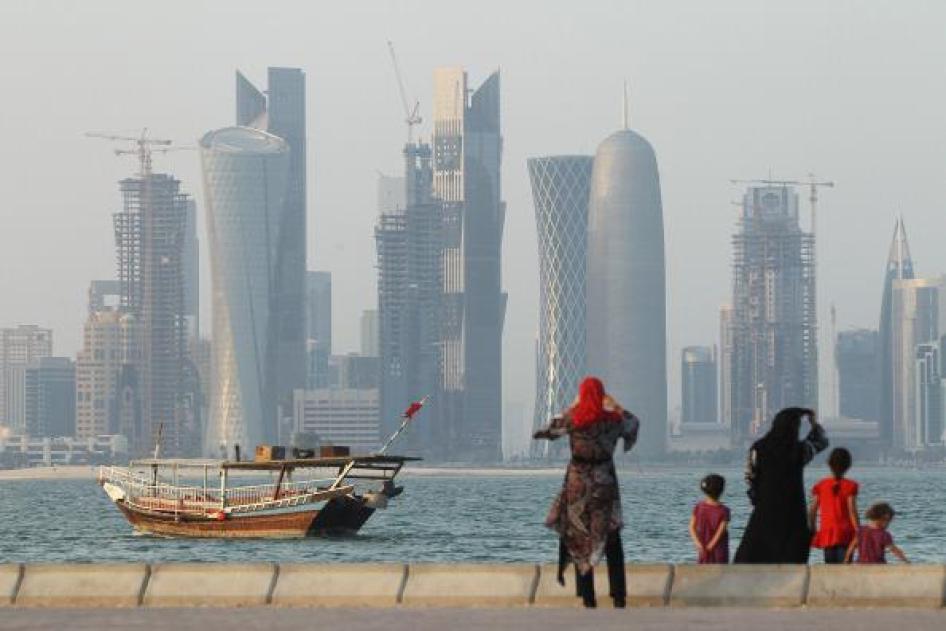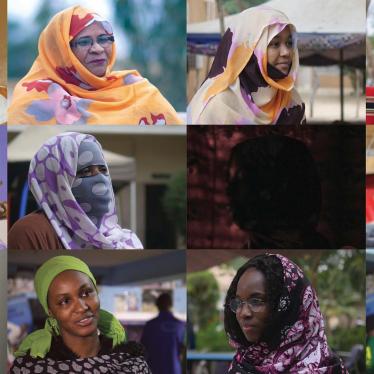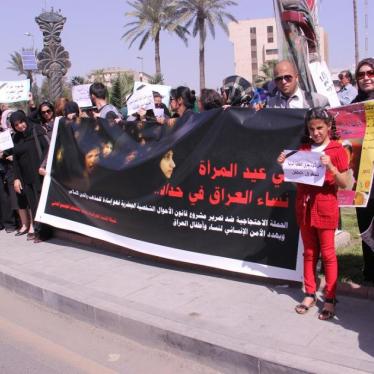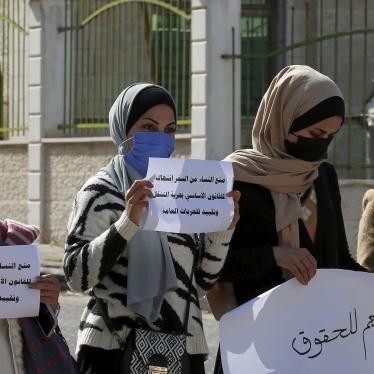The Emir of Qatar recently signed a flurry of laws, including one allowing children and spouses of Qatari women married to non-Qataris to acquire permanent residence status.
While a step forward, the law falls short because it doesn’t allow the children and spouses of Qatari women to obtain citizenship – and therefore access to a Qatari passport – on the same basis that children and spouses of Qatari men can.
While the discriminatory laws have long plagued women and their families, after the Gulf crisis erupted in June 2017 – when Saudi Arabia, the United Arab Emirates, Bahrain, and Egypt cut off relations with Qatar, expelled Qatari citizens and demanded their own citizens return – Qatari women and their mixed Gulf families suffered acutely. The political rift tore apart entire families stretched across the four Gulf countries. Qatari women found that their children and spouses, who did not have Qatari citizenship, were required to return by their national governments, while other Qatari women were forced to return and brought their non-citizen children with them.
Under the new law up to 100 people per year can be granted the status of permanent residents for the first time in Qatar. Permanent residents may travel to and from the country freely, receive government health and educational services, invest in the economy, and own real estate.
But, it doesn’t meet Qatar’s obligations under international human rights law because it still deprives the children and spouses of Qatari women of their right to obtain citizenship on an equal basis with the children and spouses of Qatari men.
Unlike the children of Qatari men and foreign women, who automatically obtain citizenship, children of Qatari mothers and foreign fathers can only apply for citizenship if they meet a set of strict conditions. Even then, people who meet the strict criteria face difficulty. A 36-year-old man who applied for citizenship told us in June 2017: “My mother is Qatari, my father is Bahraini. I am Bahraini. I was born here [in Qatar], studied here, and work here.” At the time, he had not received a response to his application after six years.
Qatar has missed an opportunity to become the first Gulf Cooperation Council country to recognize that Qatari women, their foreign spouses, and children have a right to be treated equally under citizenship laws. Qatar should build on its latest legislation and end discrimination in citizenship laws permanently.










